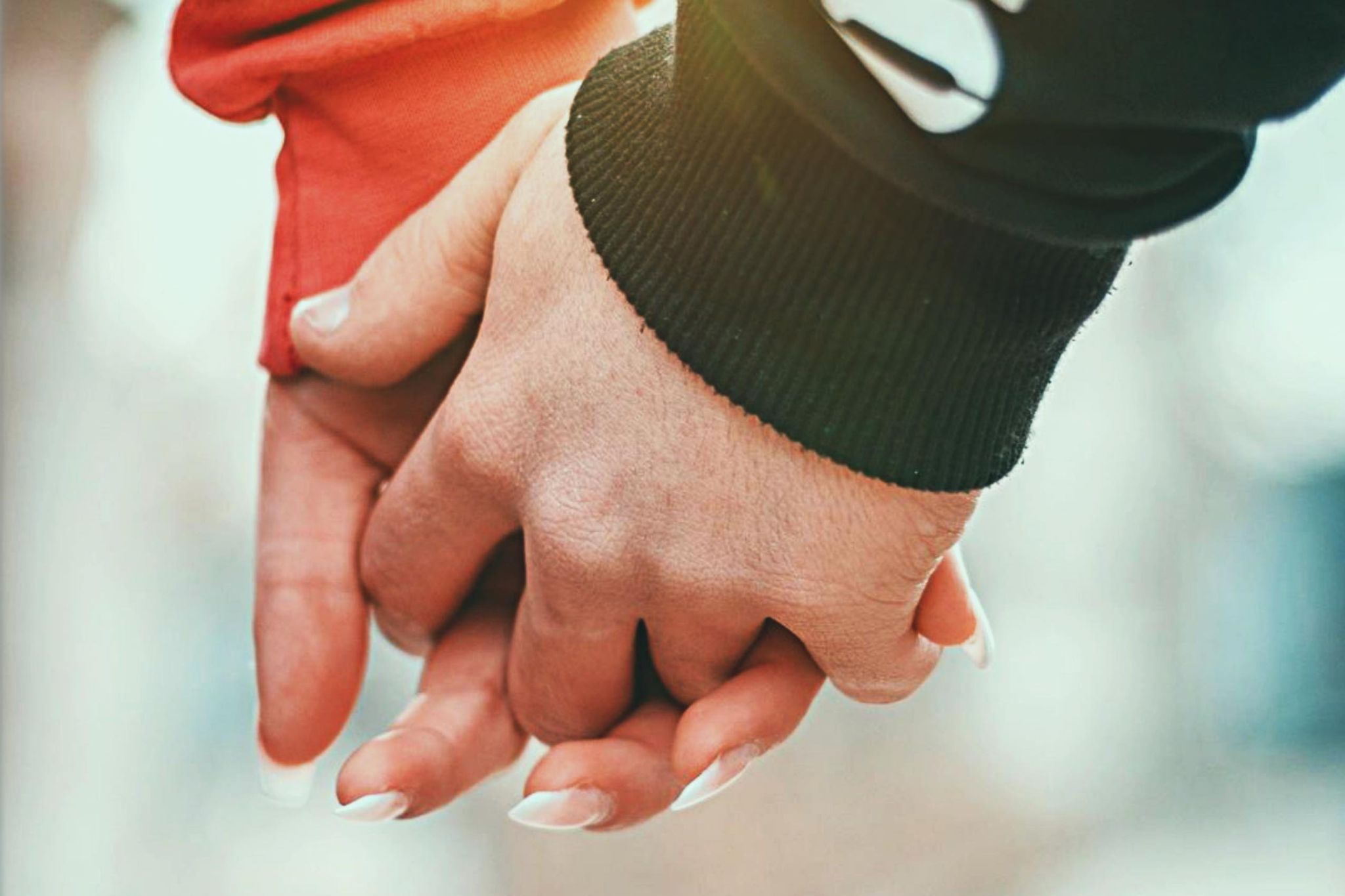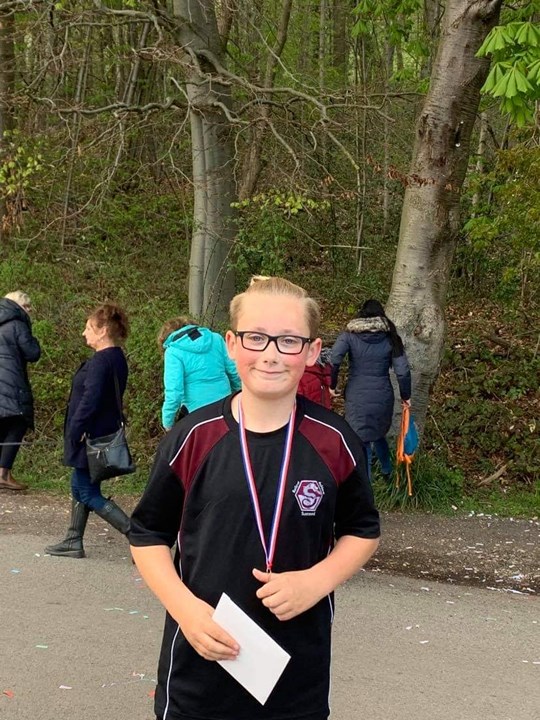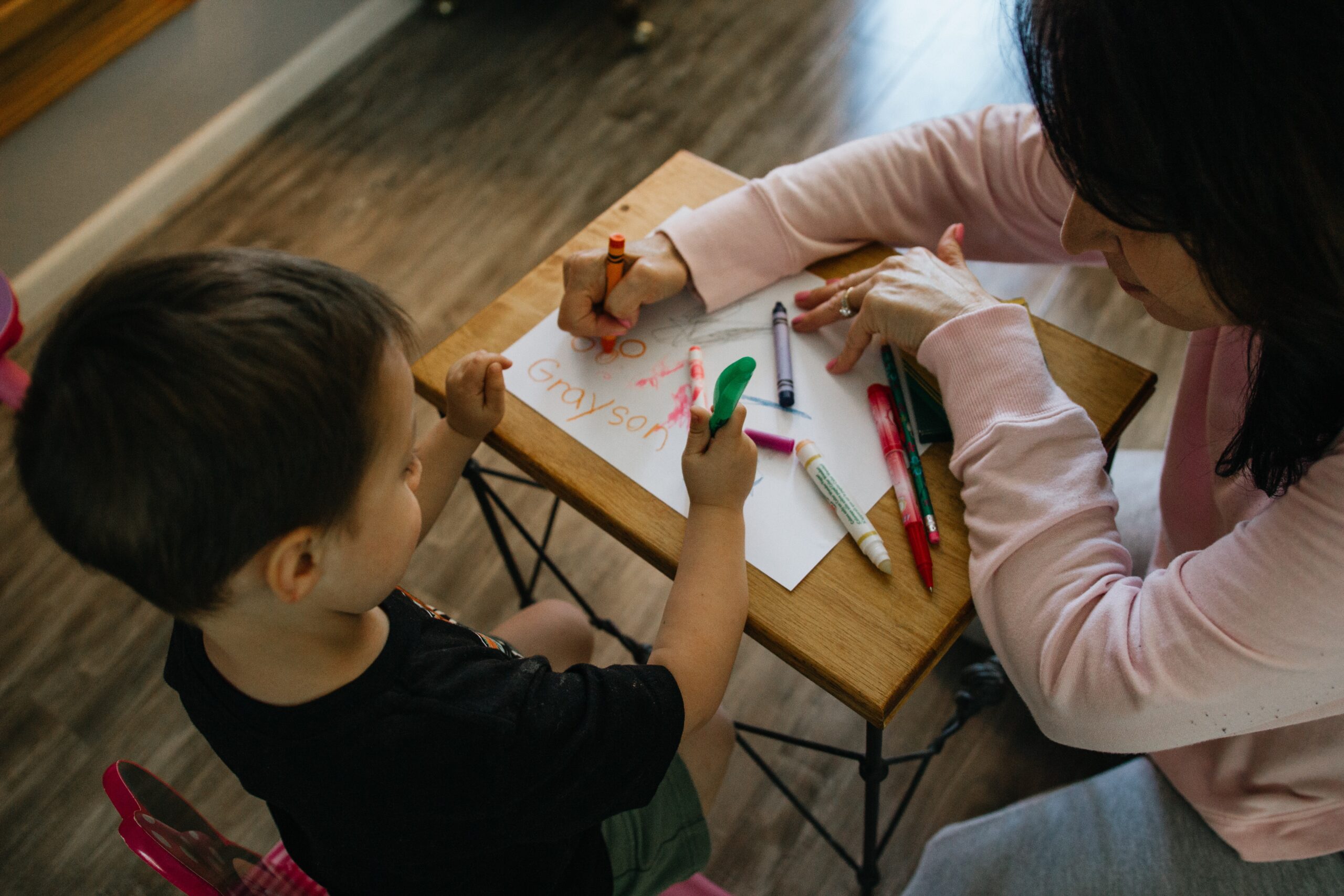(Credit: Sara Kurfeß)
Many young people are struggling under the weight of sweeping government restrictions which generally cater towards the nuclear family household. With their hopes of nourishing new relationships taken away, some have chosen to ignore the rules.
According to author Gary Chapman, there are five love languages which help us understand how we express and experience love. For those unfortunate souls who utilise the love language of ‘physical touch’, the social distancing rule is the worst form of torture. It resembles the type of dystopian and backward world presented in Lauren Oliver’s novel Delirium, which portrays love as a disease.
In June 2020, when the government first introduced the ban on mixing households (barring those in a support bubble together), everyday shows of affection were thrown into disarray. The rules meant that, in England, sex between single people, or established couples who don’t cohabit, has in effect been either illegal or only allowed outdoors.
According to the Office for National Statistics, nearly three-quarters of 16–29-year-olds are not living in a couple – meaning that most people in this age bracket are left wanting when it comes to creating or maintaining their sexual relationships with others.
“Physical touch is my love language, so this has been very very difficult for me,” said Georgia*, a 24-year-old teacher who lives in Sheffield. Georgia and her partner became exclusive in August 2020 and have spent only half of their six-month relationship being physically and sexually intimate. They live separately from one another but meet in public spaces for socially distanced walks when they can.

Image taken by Libby Shaw. Legs by Georgia*
“You are supposed to touch. He’s right there in front of me and I can’t do anything about it.” She said, stretching her arms out in frustration. “I’ve always taken a drink with me or grabbed something to eat while I walk to keep my hands occupied. That way you don’t have to think about what you usually would do, which would be holding hands.”
To retain some level of normalcy, the pair call and FaceTime every night. Sometimes the reality of the situation becomes so stark, it overwhelms them both. “There has been a lot of late-night crying,” she said. “You’ve got to keep reminding yourself it’s not forever.”
Official bodies such as The Brook Young People charity, The Terrence Higgins Trust and The British Psychological Society (BSP) have published guidance and advice for young people in similar situations to Georgia. A common tagline is “you are your safest sexual partner.” Both sets of guidance recommend experimenting alone to relieve built-up frustration and stress, and suggest getting your partner involved too can be a new avenue to explore.
The BSP’s advice could, technically, involve breaking lockdown restrictions. They stated that if you were going to be having sex with your partner, you should try and wear a mask, wash your hands before and after any sexual act, and avoid kissing/any position that might mean close facial contact.
“People are doing it, we just don’t talk about it. And I think that’s very much British culture,” said Georgia. Though this guidance insinuates that restrictions on sexual intimacy will undoubtedly be breached, for many young people, it is not an option at all.
“I definitely feel unheard,” said Hannah, 22, a freelance journalist who is known for her dating and sex articles. Hannah lives with her parents in Cambridge and is unable to socialise as most of her friends (and who she is currently dating) live outside the country. “Single adults are really feeling the strain. I feel ignored by my family as well as the government.”
https://twitter.com/hgvandepeer/status/1359895470215168006?s=20
Hannah is currently seeing the same person that she met via Bumble in November 2020. Whilst both their areas were in Tier 2, they were able to meet up for dates. But since going into Tier 4 followed by the national lockdown in January, they’ve been substituting time together with two to three phone calls per week and a recent virtual Valentine’s date.
While this has improved their emotional connectedness, it has proved a barrier to exploring their sexual compatibility and what Hannah believes is the best part of dating someone new.
“If I’m being honest, I feel like young adults have been the most ignored group throughout the entire pandemic. From university students to recent graduates and beyond,” said Hannah. “The restrictions can and have damaged relationships and has certainly stunted the growth of mine.”
The very nature of sweeping government policies means that they favour the majority, but young people are determined to find ways around the sex ban, getting creative with technology. Intimate videos, pictures, voice notes, virtual candlelit dinners and online museum tours are just some of the strategies used by couples to feel both emotionally and physically connected.
When Georgia realised that restrictions were only getting tighter after Christmas, she broke restrictions and hugged her partner. She believes that this small act helped her in the long run to avoid any larger slip-ups which could seriously increase spread of the virus.
“You have to be aware that we are in lockdown, but we are still human,” said Georgia. “We are going to make those mistakes. You’ve got to think about everyone else, but you’ve also got to think about yourself.”
*name changed for anonymity.




